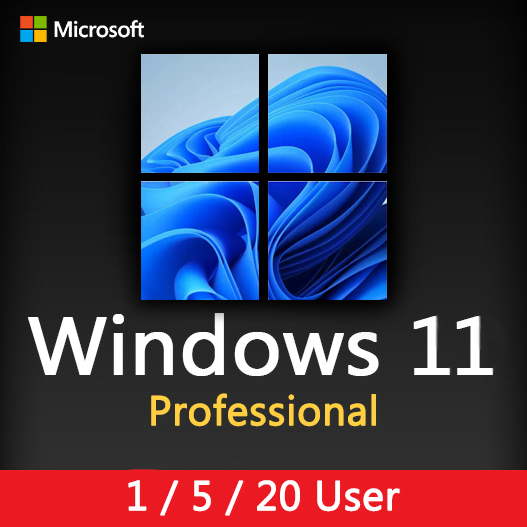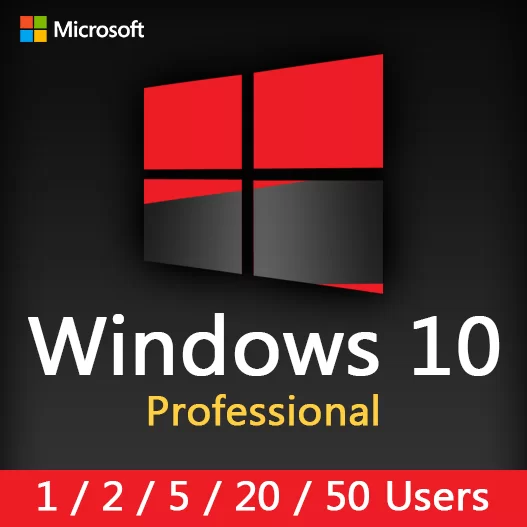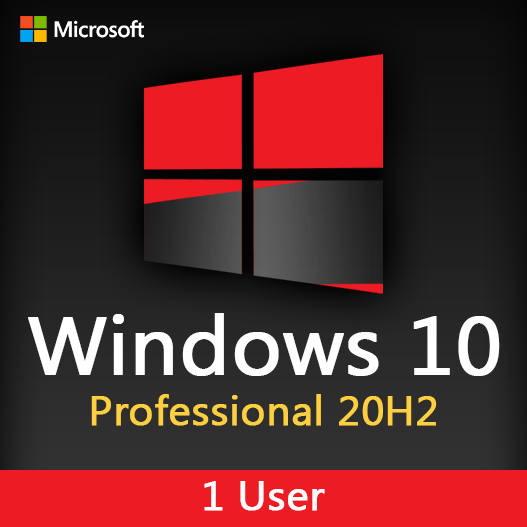Home » Windows Security Essentials: Protecting Your PC
Windows Security Essentials: Protecting Your PC
In the digital age, safeguarding your personal computer is of paramount importance. Windows Security, a built-in suite of tools and features in Windows operating systems, serves as the front line of defense against a myriad of threats. In this guide, we’ll explore Windows Security Essentials, offering essential tips and tools to help you protect your PC effectively.
What Is Windows Security?
Windows Security is a comprehensive suite of tools and features designed to protect your computer from various threats, including viruses, malware, ransomware, and more. It’s included with Windows 10 and Windows 11, ensuring that your PC has essential security measures from the moment you set it up.
Key Components of Windows Security
1. Antivirus Protection
Windows Security includes real-time antivirus protection that scans files and apps for malware, viruses, and other threats. It automatically updates its definitions to keep your computer protected against the latest threats.
2. Firewall
The built-in firewall in Windows Security monitors incoming and outgoing network traffic to block unauthorized access and protect your PC from network-based threats.
3. Windows Defender SmartScreen
SmartScreen helps protect you while browsing the web. It identifies potentially unsafe websites and downloads and warns you before you interact with them.
4. Ransomware Protection
Windows Security provides tools to safeguard your files from ransomware attacks. Features like Controlled Folder Access can prevent unauthorized changes to your files.
5. Device Security
Device Security in Windows Security provides an overview of the security status of your device, including antivirus protection and device performance.
Tips for Effective PC Protection
1. Keep Windows Updated
Ensure that your Windows operating system is up to date with the latest security patches and updates. Windows updates often include critical security fixes.
2. Use a Strong Password
Create strong, unique passwords for your accounts and use a password manager to help you keep track of them.
3. Enable BitLocker
If you’re using Windows Pro or Enterprise editions, consider enabling BitLocker encryption to protect your data in case your PC is lost or stolen.
4. Regular Backups
Back up your important data regularly to an external drive or cloud storage service. This can protect your files in case of hardware failure or data loss due to malware.
5. Be Cautious with Email and Downloads
Use Task View (Windows key + Tab) to get an overview of your open apps and virtual desktops. It’s an excellent way to manage your workspace efficiently.
6. Enable Windows Defender SmartScreen
Keep Windows Defender SmartScreen enabled to receive warnings about potentially harmful downloads and websites.
7. Stay Informed
Stay informed about the latest cybersecurity threats and best practices. Awareness is a key element of security.
Regular Scans and Maintenance
Perform regular full-system scans using Windows Security to ensure your PC is clean of malware and other threats. Additionally, consider scheduling these scans for automatic convenience.
In conclusion, Windows Security is a robust and effective tool for protecting your PC from a wide range of threats. By understanding its key components and implementing best practices for PC security, you can safeguard your data and privacy while enjoying a safer computing experience.
Recent posts

Windows Backup and Restore: Protecting Your Data
Safeguard your files and system with Windows Backup & Restore. Discover efficient data protection methods and best practices.

Solving Windows Update Problems: Tips and Tricks
Discover effective solutions for resolving Windows Update problems with these expert tips and tricks.

Windows Shortcuts and Keyboard Tricks for Power Users
Boost your productivity with these Windows keyboard shortcuts and tricks for power users. Learn time-saving techniques today!











